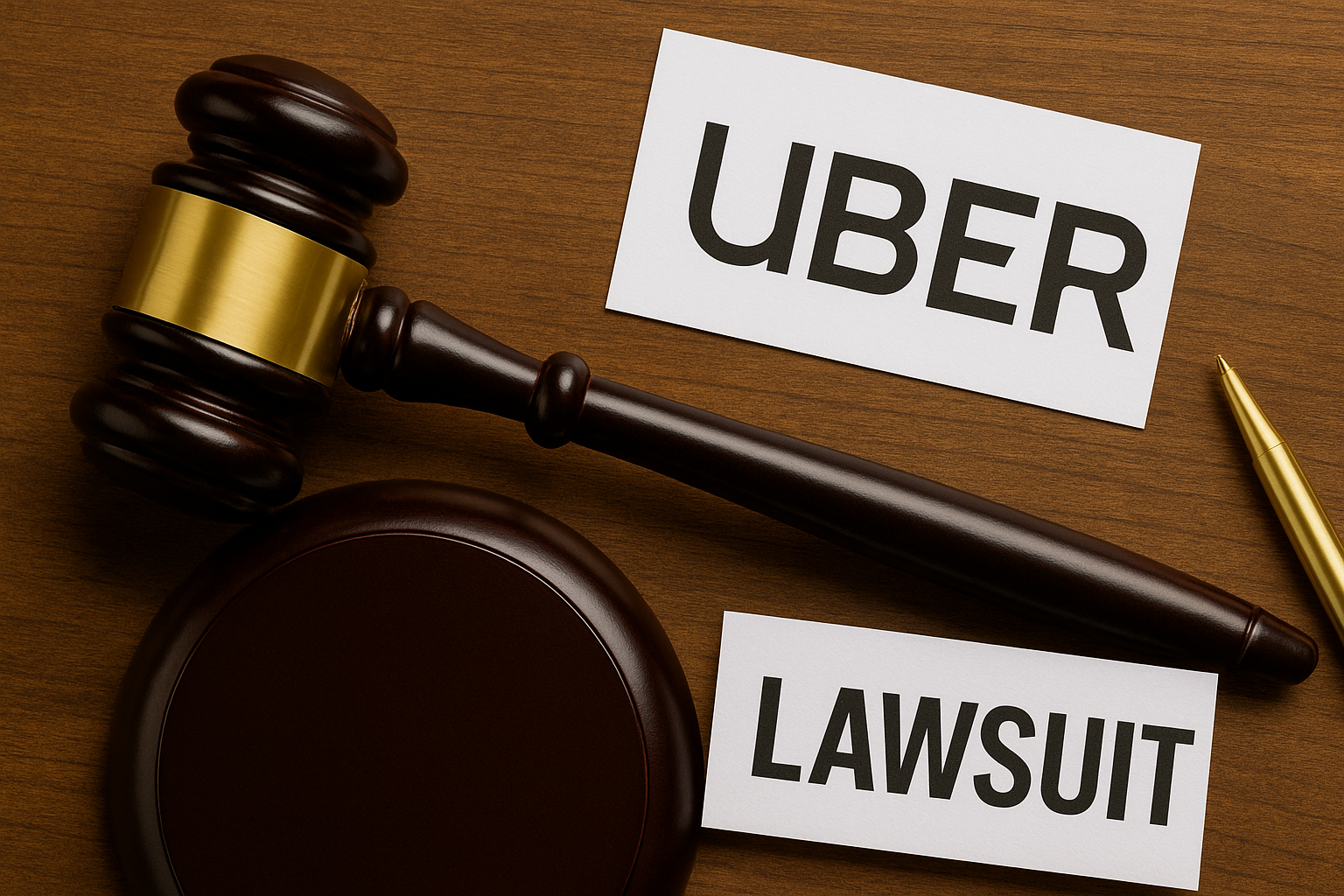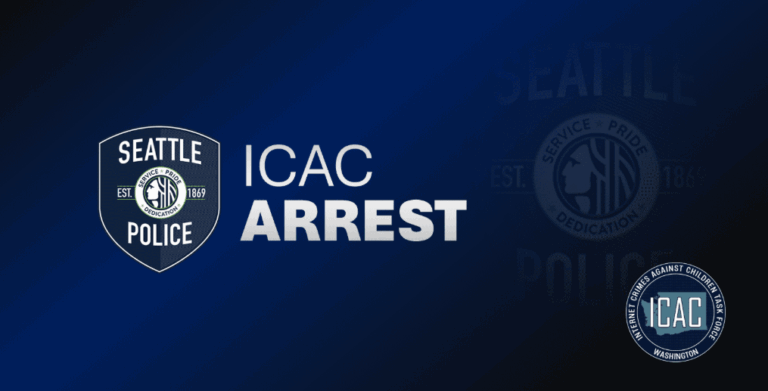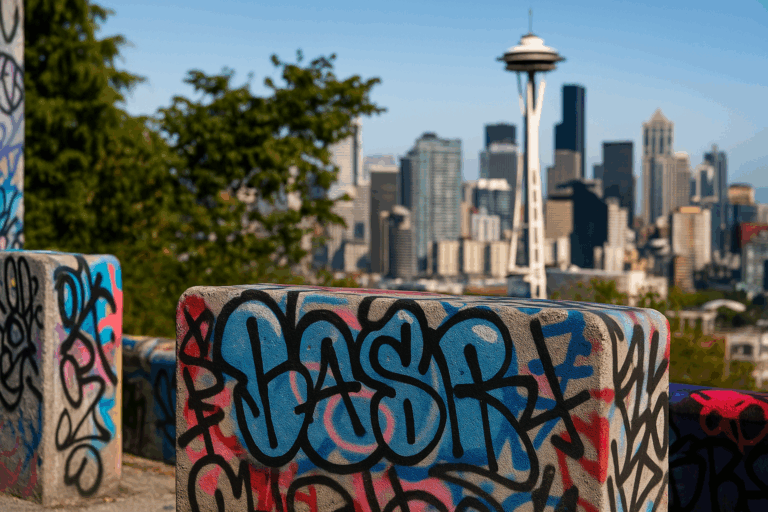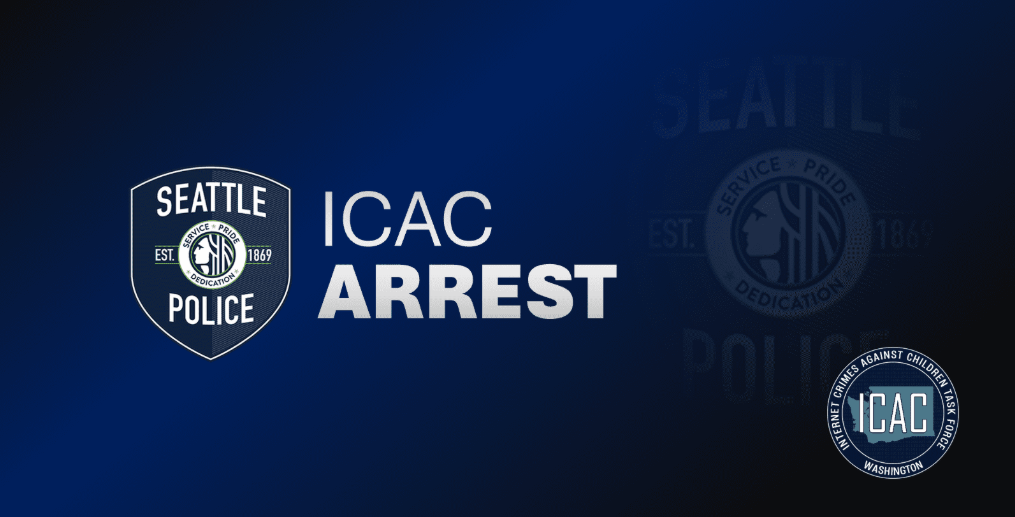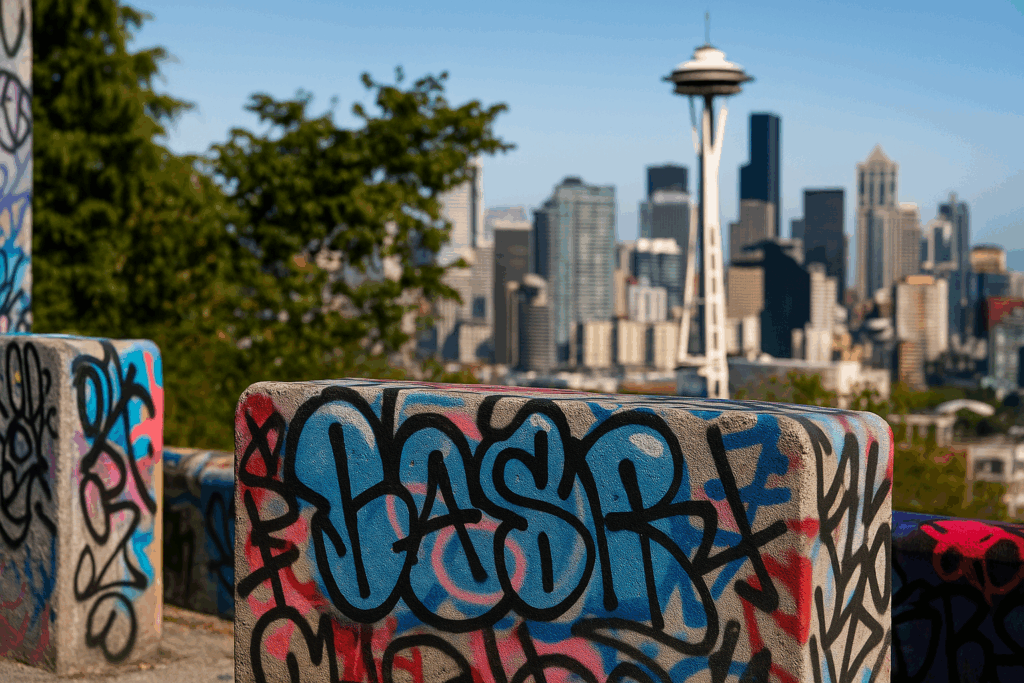In a complaint filed on Monday, Uber Technologies Inc. alleged that a network of “unscrupulous personal injury attorneys” and “corrupt medical providers” has been operating an extensive injury fraud scheme in Los Angeles. The goal? To unjustly siphon money from the rideshare giant’s insurance liability fund, inflating costs for drivers, passengers, and the company itself.
Filed July 21, 2025, in federal court in the Central District of California, the complaint accuses Downtown LA Law Group LLP, The Law Offices of Jacob Emrani, spinal surgeon Greg Khounganian, Radiance Surgery Center (also known as Sherman Oaks Surgery Center), and others of engaging in a conspiracy to file fraudulent personal injury claims against Uber.
Uber’s complaint alleges that this coordinated fraudulent legal and medical network met in secret, creating informal agreements designed to inflate settlement payouts in Uber-related accident claims. These agreements allegedly violate the ethical boundaries of the traditional referral system in personal injury law, giving attorneys and medical providers a financial stake in one another’s services.
How did the Alleged Fraud operate?
According to the lawsuit, attorneys referred Uber passengers involved in minor accidents to a select group of pre-determined medical providers. These providers, with advance knowledge of the case strategy, allegedly performed unnecessary treatments and surgeries, then submitted exaggerated medical bills, sometimes as high as ten times the market rate. In many cases, patients were steered away from using their insurance and instead billed on a lien basis, allowing for hidden kickback arrangements between attorneys and healthcare providers.
The lawsuit highlights that these lien-based arrangements falsely claimed that patients were personally responsible for paying medical fees, regardless of the case outcome. However, side agreements ensured that if settlements were low, the medical liens would be discounted, ensuring both the attorney and provider still profited.
Uber alleges that these fraudulent billing practices were specifically designed to trigger the company’s $1 million mandatory liability insurance coverage, as required by California state law for all rideshare platforms.
Impact on Uber’s Business and Community
Uber argues that this scheme isn’t just a legal or financial nuisance, it has tangible consequences for rideshare passengers, drivers, and pricing in the Los Angeles area. The company claims that approximately 45% of every Uber fare in LA County is now consumed by insurance costs; An unsustainable burden that reduces driver earnings and increases ride prices. This alleged abuse of Uber’s insurance system undermines the sustainability of the platform and affects millions of users.
Moreover, Uber frames this case not only as an economic concern but as a public health and patient abuse issue. Riders, who are often unaware of the alleged scheme, are subjected to invasive, unnecessary medical procedures under the guise of treatment. The complaint includes disturbing examples:
- A 2019 fender bender with minimal vehicle damage led to two back surgeries and $556,000 in medical billing, which independent evaluators deemed excessive and medically unwarranted.
- A low-speed crash in March 2019, with no initial injuries reported, resulted in a $226,000 lumbar decompression surgery, recommended through a Zoom-based telehealth consultation +without a physical exam.
These examples underscore what Uber describes as a pattern of chiropractic and surgical fraud designed to maximize claims, not to treat patients.
Medical professionals named in the suit maintain that all procedures were medically necessary based on their evaluations. However, Uber argues that diagnosing serious spinal injuries via virtual appointments raises serious red flags and calls into question the legitimacy of these treatment decisions.
Uber’s 2025 lawsuit sheds light on what the company describes as a deeply entrenched system of Personal Injury Fraud, involving Los Angeles based attorneys and Medical Providers. If the allegations prove to be true, the scheme not only represents a significant abuse of rideshare systems, but also a disturbing example of patient exploitation for profit. With inflated medical billing, questionable diagnoses, and covert lien agreements at the center of the complaint, Uber is signaling a broader pushback against what it sees as systemic manipulation of its mandatory insurance obligations. As the case unfolds, it may have far-reaching implications for personal injury law, medical-legal partnerships, and the future of rideshare litigation practices in California and beyond.

